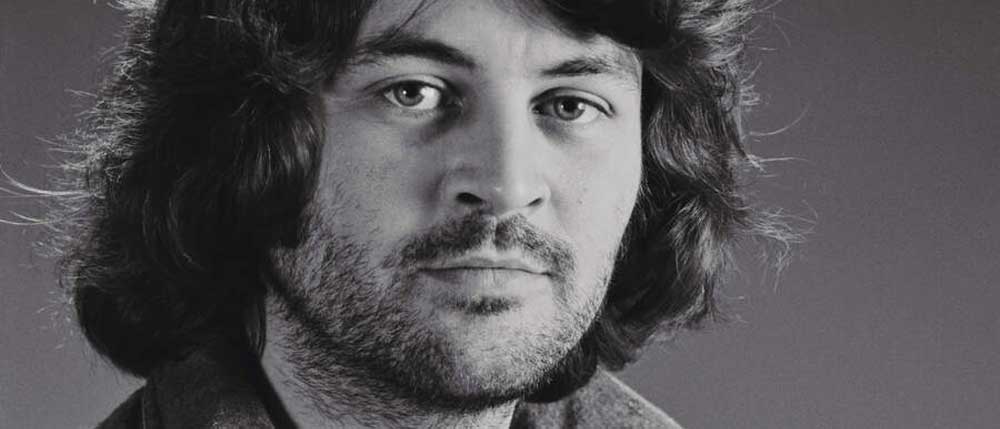The mass cancellation of hard rock’s heroes at the hands of punk has always been greatly exaggerated, but by the late 70s Ian Gillan had lost his way. The Ian Gillan Band’s jazz-fusion direction hadn’t thrilled his old Deep Purple fan base, and, incredibly, Gillan – his new, reassuringly hard-rocking outfit – couldn’t get a UK label to release their self-titled debut in 1978.
It became known as The Japanese Album, and its reissue in this seven-disc set of the band’s albums shows its rejection wasn’t due to lack of quality. Exhilaratingly urgent, high-octane romps Secret Of The Dance, Back In The Game and Message In A Bottle subsequently ended up in marginally superior form on 1979’s Mr. Universe, as the classic Gillan line-up took shape with Bernie Tormé on guitar and the ever-photogenic John McCoy, scaring Top Of The Pops viewers, on bass
They’d hit their stride in the slipstream of NWOBHM and Glory Road (1980), then made the UK top five. Its first two singles, the stomping Sleeping On The Job and No Easy Way, along with the almost hardcore-paced opener Unchain Your Brain, have dated better than Trouble, their hit Elvis cover.
The B-sides included here are worth a listen too, even if the lurching, lairy Handles On Her Hips is decidedly last-century in terms of sexual politics. Your Sister’s On My List is a similarly guilty pleasure, and the album it’s thrown in with, Future Shock, is the most swaggering, assured set of Gillan’s short lifespan. No Laughing In Heaven and Sacre Bleu have a theatrical chutzpah that still shines through, and the band even make a fine stab at a ballad with If I Sing Softly.
Within six months they’d followed it up with Double Trouble, with a live disc recorded at the Reading festival that summer thrown in. The studio tracks (padded out with earlier non-album hits Trouble and Mutually Assured Destruction) don’t hit quite as hard as the set that preceded them, but the live takes on No Easy Way and Vengeance, each featuring new guitarist Janick Gers letting rip, remain choice moments.
Alas intra-band tensions meant 1982’s Magic would be the band’s swansong. While it’s their least-loved album, Caught In A Trap’s angsty synth-rock departure and Bluesy Blue Sea’s more epically inclined material sound well-crafted and intriguing 40-odd years later.
Soon after, though, Deep Purple would regroup, and Gillan (the band) would be history. But that five-year spell did a fine job of revitalising one of rock’s finest frontmen.



